Starting with the discovery of Thessaloniki, capital of Northern Greece, and its National Archaeological Museum, this tour will put you in the footsteps of Alexander the Great. Visit the sites of Philippi (named after Philip II, father of Alexander the Great), Pella (capital of the Macedonian kingdom), and Vergina (a place dedicated to the tombs of Macedonian kings) and Dion (sanctuary of the Macedonian Gods) where the “Olympics of Zeus” were celebrated. These sites will transport you to another dimension and will give you an account of the incredible life of Alexander the Great and the Greeks of his time.
A stopover in Delphi where Pythia had predicted the unique destiny of Alexander the Great, followed by a visit to Athens with the Acropolis and its fabulous Parthenon and the Hellenic Agora. An exceptional tour for an exceptional man of Ancient Greece!
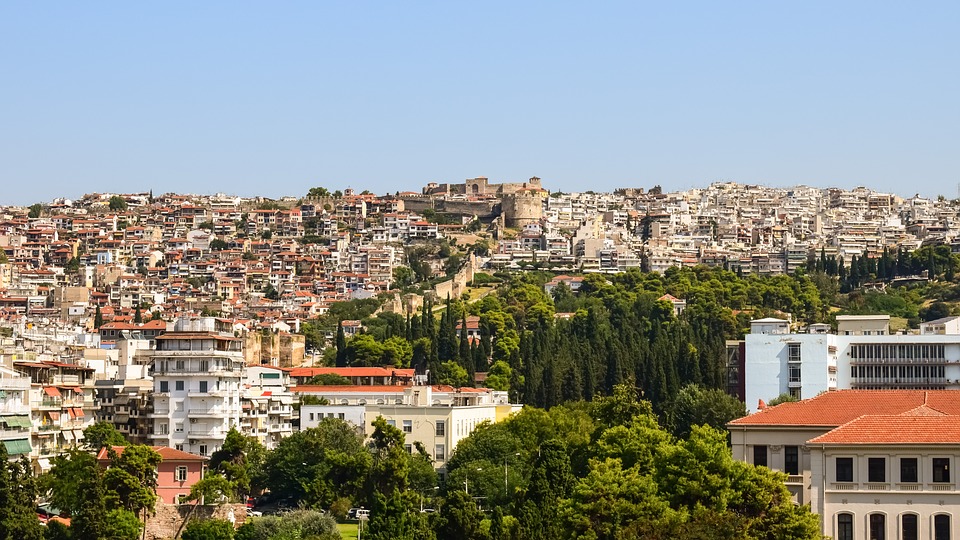
Thessaloniki
Thessaloniki is the second largest city in Greece with more than 1 million inhabitants. It was named after Princess Thessaloniki of Macedonia, half-sister of Alexander the Great. Today the city is quite modern, visited by young people interested in it’s night life but also by those interested in history as it has several sites to visit and even one of the largest archaeological museum in the country.
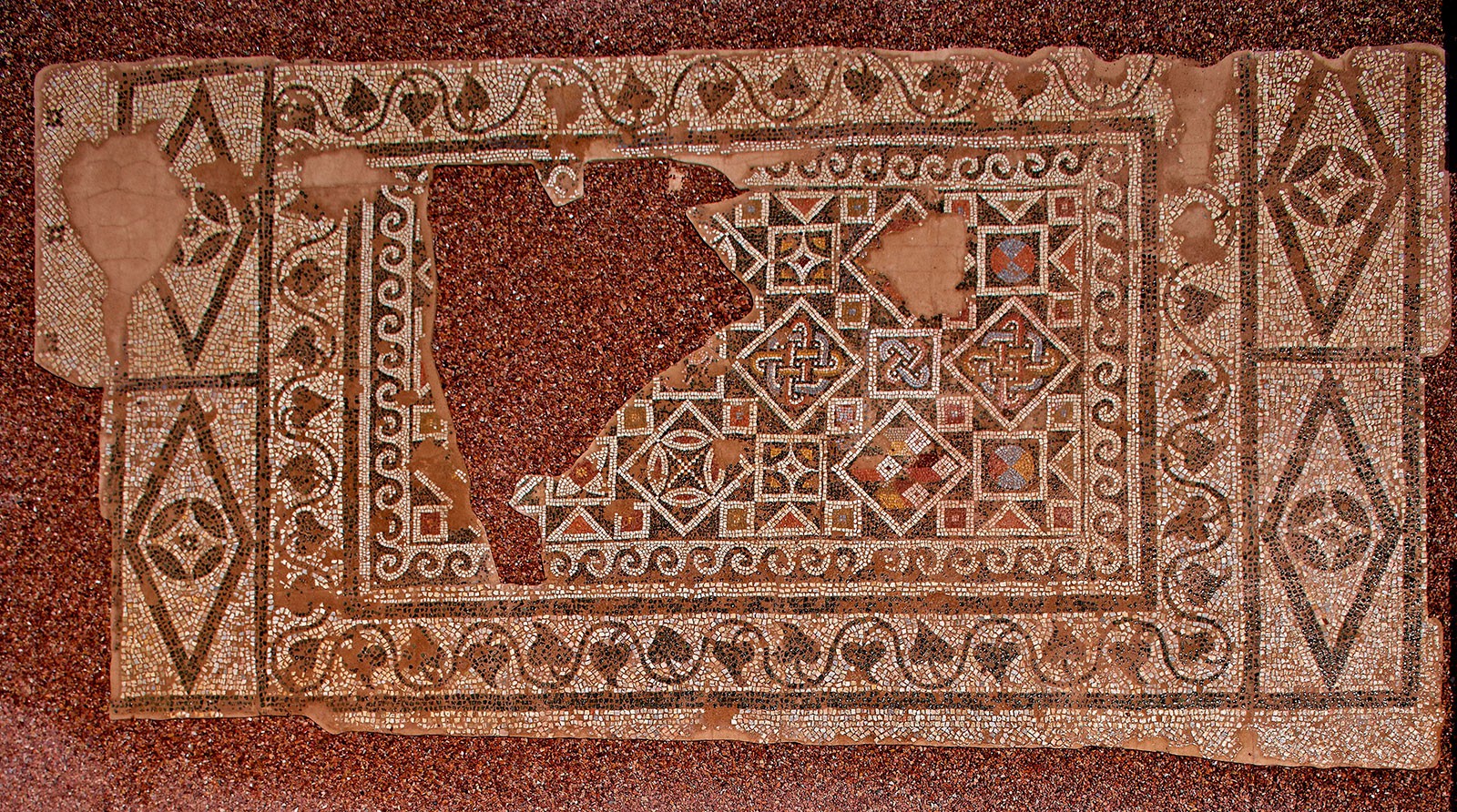
National Archaeological Museum
The Museum of Thessaloniki was founded in November 1912, barely fifteen days after the liberation of Central Macedonia. The new museum was inaugurated in 1962. The Museum of Thessaloniki houses a number of antiques and has a rich history as a building itself.
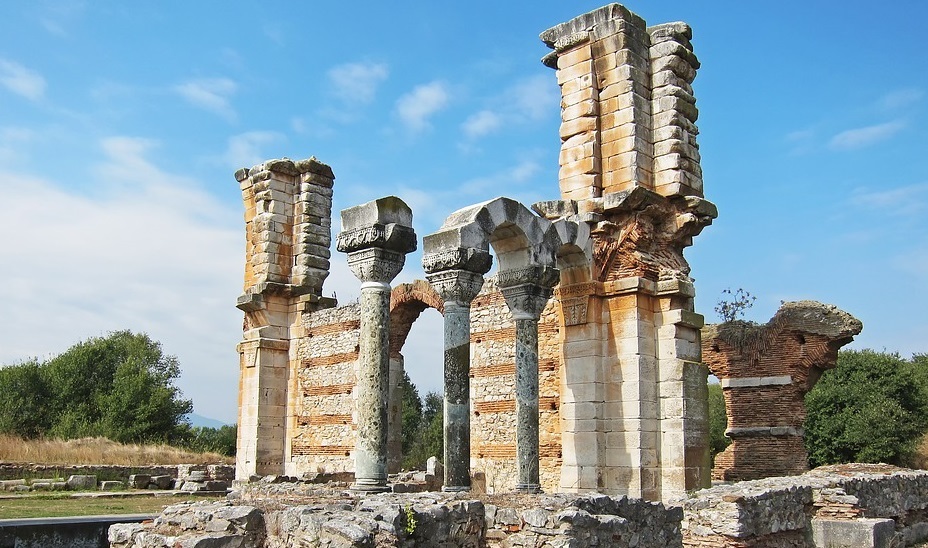
Philippi
Philippi is considered to be the most important archaeological site in Eastern Macedonia, with characteristic monuments from the Hellenistic, Roman and Early Christian periods. The excavations on the site of Philippi began in 1914 by the French School of Archaeology of Athens. Today it is visited for its Theater, its Palestra (Wrestling Area), and its Agora along with other ancient structures.
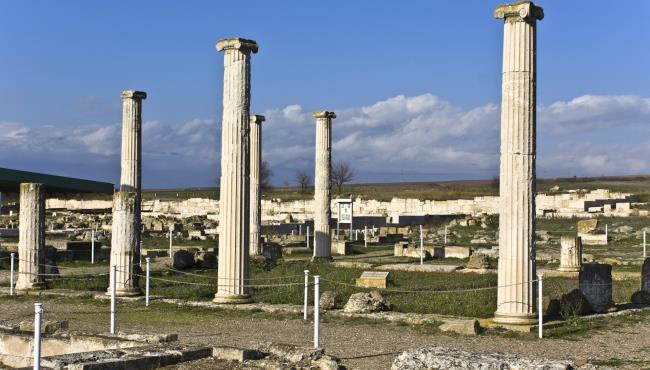
Pella
Pella is an ancient city located in central Macedonia, better known as the historical capital of the ancient kingdom of Macedonia and the birthplace of Alexander the Great. At the site of the ancient city you will find the Archaeological Museum of Pella. The museum is quite modern since it was completed in 2009.
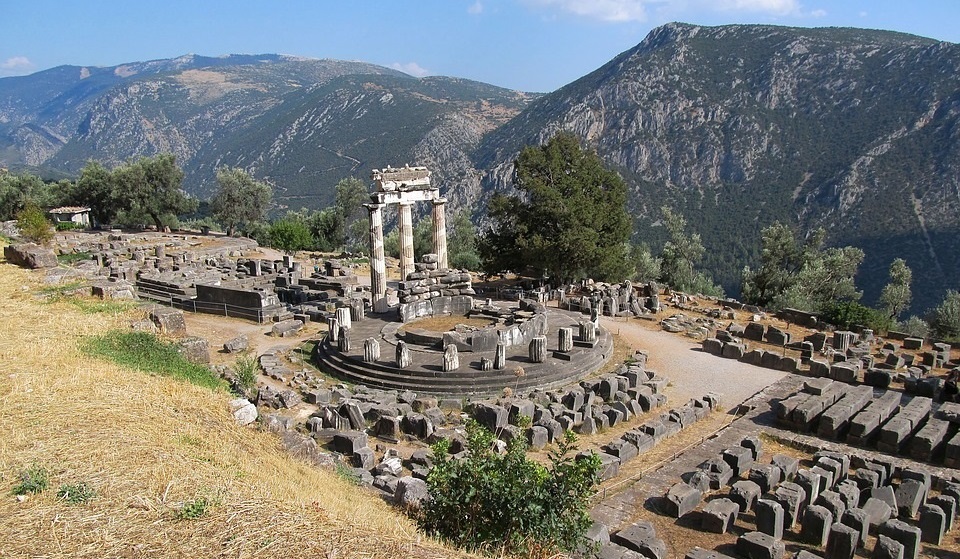
Delphi
Delphi is the site of a Panhellenic shrine, located at the base of Mount Parnassus in Phocis, where the Oracle of Apollo, Pythia, sat in the hall of his temple and spoke prophecies in the name of the god. The ruins of Delphi have been brought to light through excavations by the French School of Athens. Every year the site of Delphi is visited by thousands of tourists.

Athens
Athens, the largest city in Greece, the birthplace of democracy is particularly known for its Acropolis. The city owes its name to the goddess Athena who competed against Poseidon for this honor. According to the legend, Athena would have offered an olive tree, while Poseidon would have offered an endless source of water. The people of Athens preferred the olives and that is how the great City of Athens came to be.

